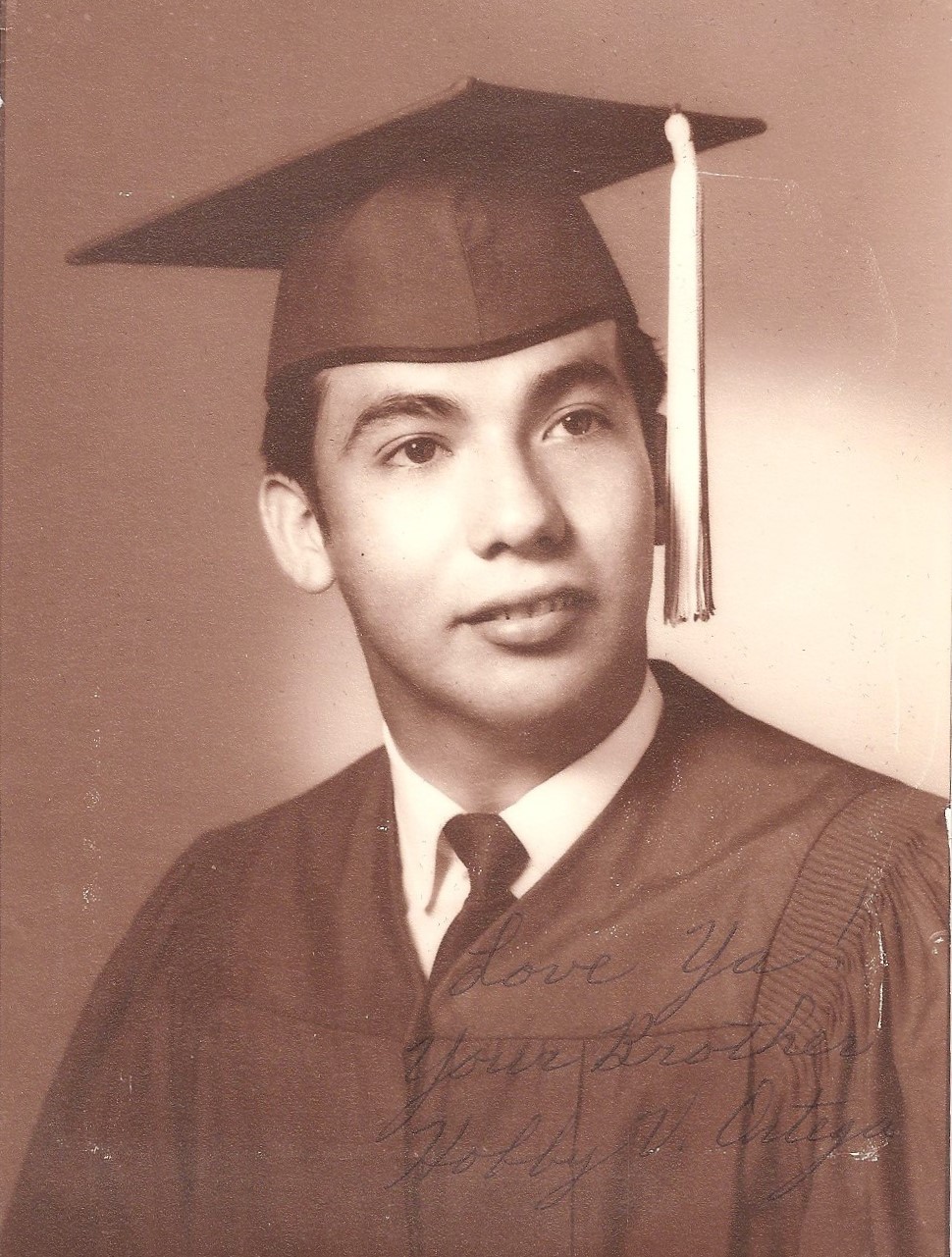TRANSCRIPTION
What was it like growing up on the west side?
It was rough and scary growing up on the west side. You had to go home before dark because there were so many gangs. People carried knives and baseball bats. Mostly fist fights, mostly the people were in groups. It's like when I was in elementary school five guys would jump on me because they were jealous of how tall I was. They wanted to tease you, but I had no time to be in a gang because I was an athlete.
Do you remember the names of the gangs?
Ghost Towners, the Courts, Circle 81, La Tripa, Los Calones, a black gang Los Tindos and then there were more. There were around 20 or 30 gangs just on the west side. I made friends with some of the Ghost Towners during middle school and high school. They were my protectors all through school because I was picked on a lot for my height. I was 6'2" and a full bred athlete and they would protect me from the jealous guys. They would bring me home from late night basketball tournaments and make sure I got home safe. My parents never had to worry about me or driving me places because they would take care of me. If it wasn't for them I probably wouldn't be here right now, I would most likely be dead.
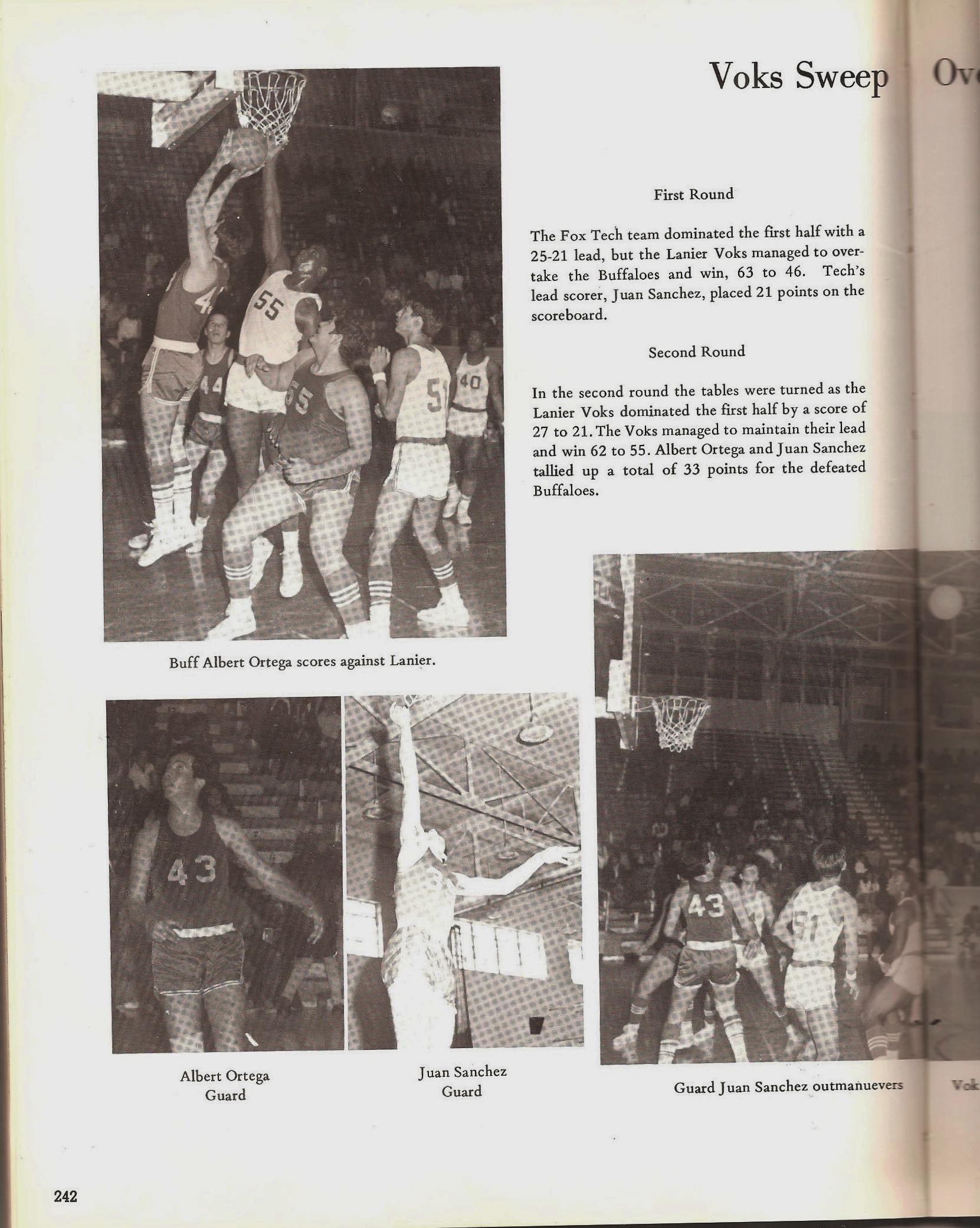
Describe what it was like growing up as a child…
When I was born my aunt just had Tilly (his cousin) and she had to breast feed me. My mom had Angie just 10 months before I was born and her body was real sick from it. My mom wasn't producing milk and she couldn't afford it so my aunt helped her out. I lived with her until I was about 3 years old. Then I went back home. We moved to Beaumont, Texas where my dad was working in the shipyards. We stayed for about 2 years in an all-black neighborhood, can you believe that?! Then we ended up on the west side, the poorest side of town where my parents could afford. The elementary school and middle school were real close so we easily walked to school. I grew up with four sisters and one brother. We lived only in a 2 bedroom house, we were all sleeping everywhere in the house. Once my dad got a better job he was able to extend the house and add more bedrooms for my sisters. The gangs were always there though, fights used to break out every single day. Gangs would fight right in the hallway. I was an athlete though in middle school I was in basketball, football, tennis, baseball… I was always busy. Since elementary school all through middle school I never missed a day of school. And I was able to go home every day during lunch break to eat my lunch at home. My mom always had my rice and beans with a big glass of milk.
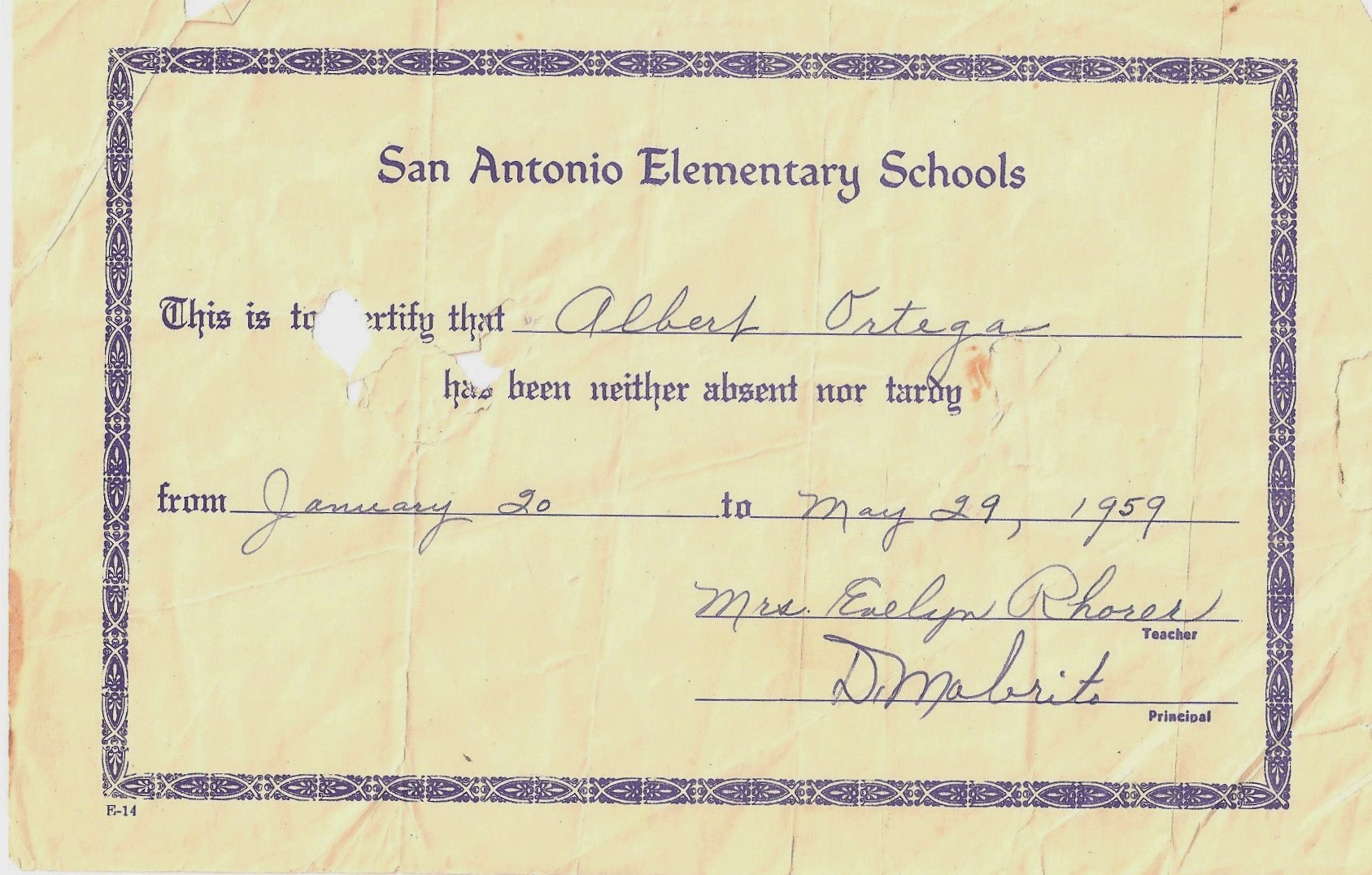
What was your earliest childhood memory?
At three years old. I still remember the days, I would stand in the middle of my dad's car. He had a 1954 Desoto. Every Sunday we would go get crabs at the point that was right by the ocean. It was one of my favorite times as a child.
What else do you remember?
It was my brother and my sister Virginia, they used to work at a candy factory that hired kids. They were around 12 years old when they started working. They would wrap those big ball-like chocolates that held little candies inside of it and they would put the foil around it. (wonderballs) I went with them sometimes because I knew I would get free candy.
What were the rules at your house? If disobeyed, what were the punishments?
For the girls, it was clean the house. They had to make the beds, wash dishes, and pick up the house. For me and my brother we took care of the outside. We would paint the house and do that kind of stuff that needed tending outdoors. My sisters couldn't go out without me. My mother would never let them out of the house unless I was there watching the girls. Our curfew was 9 o'clock at night, unless it was a special something she would let us get home at 10. Because all these places you would go to there were all these gangs around trying to make a name for themselves. I tell you one thing, you had to learn how to fight, even the girls. Our punishment (hahaha) our mother would get the belt or a stick, and would whip us with it. That was our punishment right there. I'm glad there were no bull whips at the time. Since I was an athlete, my mom took punishments further and told me I couldn't go play basketball at night. She would cut me off of it for a while because she knew it hurt me.
Growing up, who was your greatest inspiration, and why?
As I was growing up, Muhammad Ali because he was a great fighter. But as I was growing, Michael Jordan became my inspiration. He was one of the best athletes I've ever known. He's not like this new generation bullshit. He donated a lot of money to organizations and wasn't a greedy person at all. He loved the game and didn't let his fame get to his head.
How did finances affect the way you grew up?
It was rough, cuz remember we were at a mid-crisis at the time. My dad lost his job. We started as migrant workers, and then he started a welding job. And then we moved to San Antonio. He worked in 4, 5 places here. We always had beans and rice no matter what though. It wasn't easy especially with 6 kids. We used to buy clothes at the Goodwill. We didn't buy clothes at Sears or Jcpenney's. We went to Goodwill and flea markets because it was cheap. It was very seldom that we got a new item. In middle school my sister had these tennies, and we had to share them. Then as I grew older I became more involved in sports and my coaches gave me two pairs of converse shoes. One for the game and the other just to walk around in because they knew my mom couldn't afford it.
What religion did you practice growing up?
Catholic. I did my communion, my baptism, my confirmation. Every Sunday we would go to church. The whole entire family would go. But we would go at different times. I had to go to the early 7 o'clock mass with my grandfather because he was blind.

What did you do in your free time as a teenager?
I was always playing ball. I wouldn't go out late at night of course. But I was always busy with baseball, basketball, and playing in tournaments.
Where was the "hot spot" back in the day?
There were about 3 different places that were the hot spots back in the day. The hot spot was a place called the Malt House. We used to hang out there all the time. And the other place was called the Pomery, but they tore that down already. And then there was Gyros. They were drive in burger joints, the kind where they put a tray on your car to eat outside. Boy they had some good hamburgers.
What was your first job?
I was 13 years old I was working at the CYO, at the church. It was an organization that the church had and I used to work there. I would show the little kids how to play ball and basketball. Kids around 5 or 6 years old.
How much did you get paid?
Whatttt? Way back then… It was like $2.00 an hour. Cuz I remember that soda-waters were .10 or .11 and if you took a bottle back you got a nickel back. I collected all sorts of bottles. I had a bicycle and put a basket on the front of it, and I would go around the neighborhood picking up the bottles and cashing them in.
How far could a nickel go?
A nickel would buy a whole candy. Those .99 candies we have today like the Pay Days and Snickers, only cost us one nickel. Or a cupcake. I would usually get the Big Hunk, It was very popular in those days.
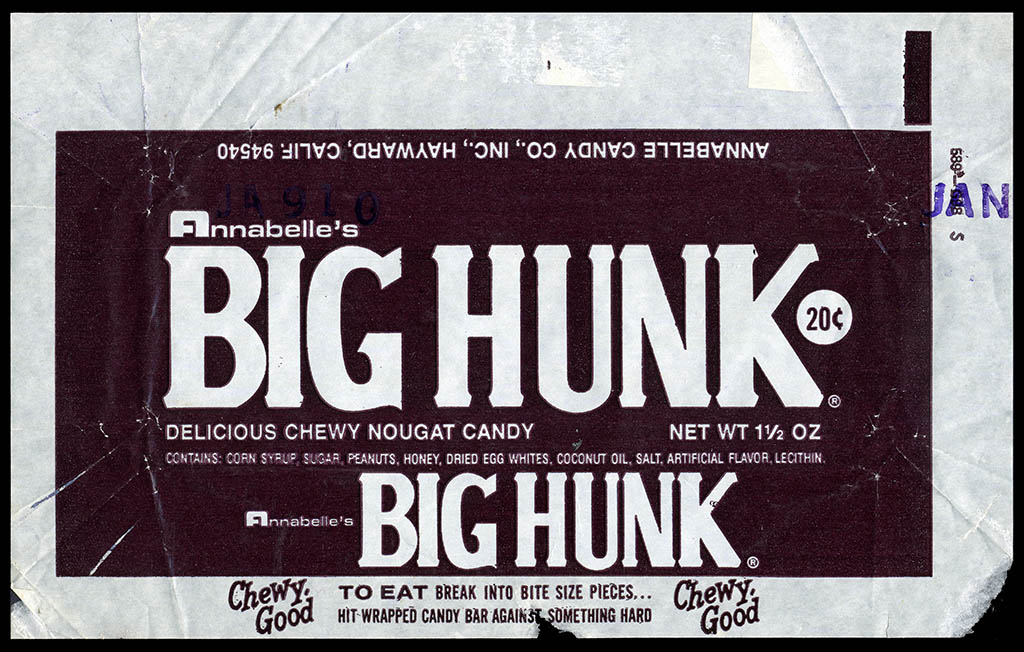
What was your greatest luxury growing up?
I didn't really have luxuries. My best luxury to me was when we all got together and went to the drive-in. We all got together as a family on Fridays. My dad would buy Church's fried chicken, a watermelon, and soda-water for the events. It was the best thing for me. Also, my dad would take us downtown for fiestas and carnivals, those were always fun for us.
Watching the city expand and change over the years, do you see it as a good thing or bad thing? Why?
Well, it's a good thing. Because we are getting more people in San Antonio. We're going to present more jobs, and more of everything. I would like to see more done to the west side to better it.
Do you ever go back to the roots of where you grew up? What has changed?
Yes I do, we BBQ for the poor families of the West side. We go sell plates and donate the money to the people that can't pay their bills, need clothes or need food at the house. With the Ghost Towners we put together benefits for the elders and local families to raise money for them. We do that every three months. It hasn't changed…So far since I was there it hasn't changed. The same buildings and living arrangements are still the same. And I've been out of there for 43 years! And it still has not changed.
Have you ever experienced discrimination? In school? In your workplace?
Only in high school I got discriminated real bad, my senior year. My senior year, Wheatly High school was closed down and they transferred half of the school to my school at Fox Tech and the other half went to Brackenridge. The coaches turned against us. Our basketball coach, our baseball coach, our football coach. And we got discriminated big time there. The newcomers were all blacks, so they favored the blacks more no matter what it was. We only had 2 coaches that were black while the rest of them were white. Even though the head coach was white he favored the blacks, apparently the blacks were thought to have "better skills" than the rest of us. Most of us quit playing ball. We gave it up because they favored them too much and we wouldn't put up with that.
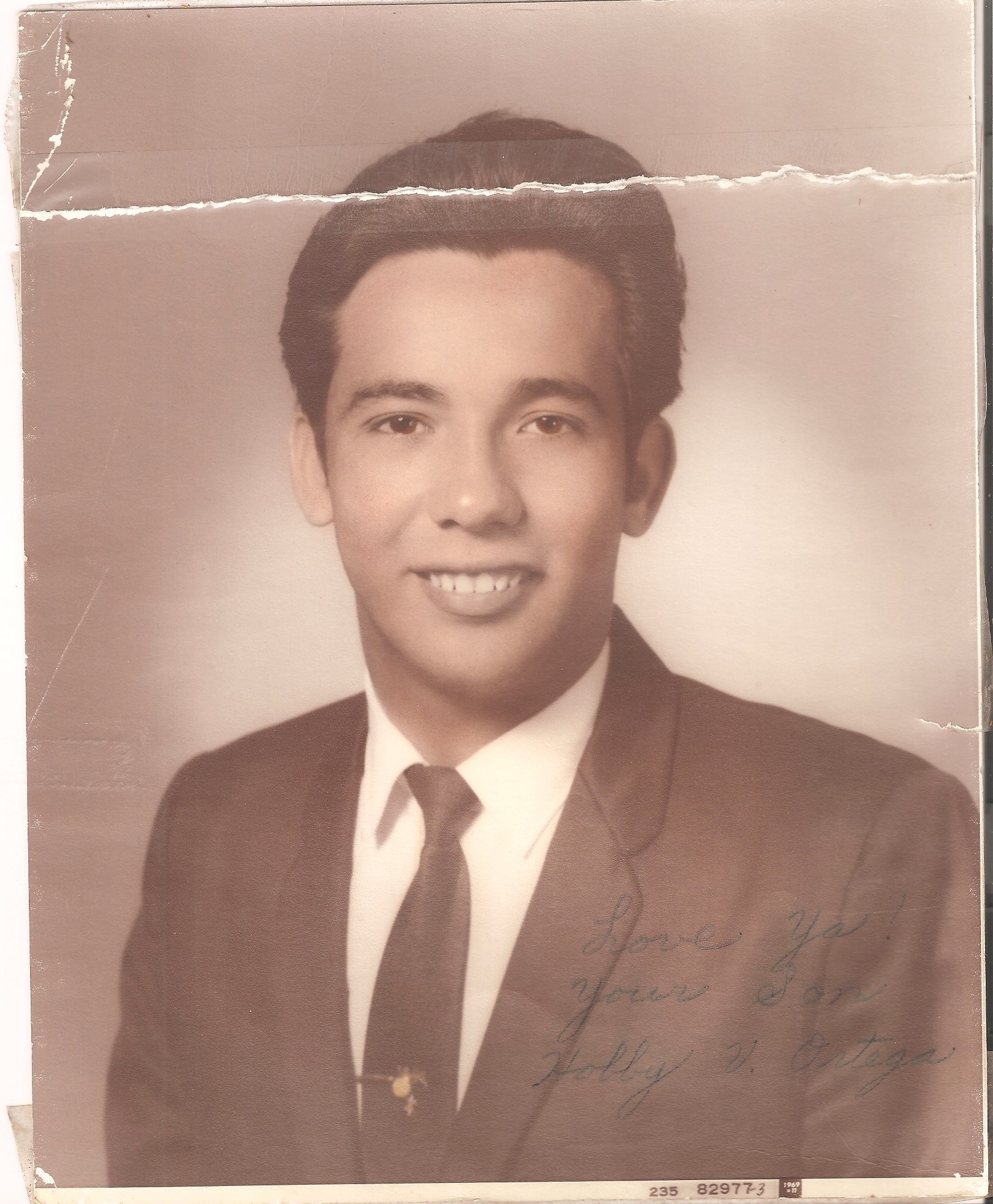
How did the city change in your lifetime?
It changed a lot. Because most of the time we were either walking or taking the bus because we couldn't afford a vehicle. Now there are more buses, taxis, trains. Things have tremendously changed from the old days. Look at the airport the way it is, it's huge. There's more radio stations, in the old days there was 2 maybe 3 stations. There was only one radio station that was 24 hours. Nowadays every one of them is 24 hours. Televisions…at midnight the whole TV would show a bunch of colors until the morning when the programs would be back on. We didn't have 24 hour TV stations running.
Is there anything else you would like to add to this interview?
No, it's just that it wasn't easy growing up on the west side. It wasn't as easy as it is now. I tell people, I always remember where I came from because I will never forget how rough it was. That's why I like to help out the families from the west side community to help make their lives better.
